Nevertheless, a new and promising atmosphere has emerged recently, and the discussion of the resumption of relations between Cairo and Tehran has again been in the spotlight. Especially within a short period, the two presidents have taken two important steps and have held face-to-face talks and on the phone, which shows the firm resolve of Tehran and Cairo to resume bilateral relations.
The first step relates to the two presidents’ meeting on October 11, 2023. In the meeting, which took place on the sidelines of the joint meeting of the Organization of Islamic Cooperation and the Arab League, the President of Egypt, Abdel Fattah Al-Sisi, expressed Egypt’s readiness to establish “real relations” with Iran and mentioned that relevant Egyptian ministers had been assigned to work towards deepening bilateral ties. Reopening embassies in Tehran and Cairo was among the topics discussed in this meeting.
In the second step in a phone call on December 23, 2023, Mr. Raisi congratulated Abdul Fattah al-Sisi on the new term of his presidency. In this telephone conversation, the two presidents agreed to “take concrete steps for the final settlement of the outstanding issues.”
Regarding the efforts to revive the relations between Iran and Egypt, there are significant points, the most important of which are mentioned below:
One: The summit and telephone conversation between the two presidents within a short period in the last two months, as well as the meetings and follow-ups that are carried out and continue at the intermediate levels to enhance relations between the two countries, are new issues and actions happening after long years and in a “serious” manner.
Two: The importance of establishing bilateral relations is that it can be a “win-win equation”; while providing the interests of the two sides in different fields, it also offers “opportunities and favorable consequences” at the level of the region and the Islamic world, and it can help to solve important problems both in bilateral relations and regionally.
Iran and Egypt are two “history-making and civilized” countries with one of the oldest bilateral relations at the global diplomatic level. The history and process of political and historical developments, etc., in West Asia and the Horn of Africa have been tied to the names of Iran and Egypt since ancient times for successive centuries.
Despite the strong historical past that has placed many “infrastructural convergence” funds in front of the two countries, for more than 40 years, the level of relations (quantitative and qualitative) has not been on par with its existing capacities; an issue that has benefited rival and hostile countries more than anything else.
The current relations are not at the level of the two countries that have a lot in common in terms of history, culture, religion, etc., and have a particular position in terms of demographics and “geopolitical prominences” and have an influencing role in the “balance of power” and determining the type of alliances and coalitions.
Three; The Islamic Republic of Iran, as a leading actor in West Asia, the Persian Gulf, Central Asia, and the Caucasus, as well as Egypt, as the heart of the Arab world and an effective actor in the Red Sea, the Mediterranean, and North Africa, have “potential opportunities” to deepen bilateral cooperation.
Bilateral cooperation in the fields of Asian Infrastructure Investment Bank, Islamic Development Bank, Egypt-Iran Joint Bank, Egypt-Iran Textile Company, and Joint Shipping Company, as well as the transfer of Iran’s new technologies in the fields of pharmaceuticals, medicine, petrochemicals, etc., are among the important areas that Iran can help Egypt with. Meantime, Egypt meets 80% of its needs from imports and is currently suffering from stagnation and “economic crisis” and is in dire need of investment and attraction of foreign resources.
Maritime transportation, tourism, encouraging investment through customs agreements and memoranda, reducing tariffs and taxes, and joint production are other potential areas for strengthening the two countries’ cooperation.
Four: Besides economic, commercial, and political benefits, improving relations between Iran and Egypt can also be effective in “regional peace and security.” Considering that the two countries have decisive tools in the equations of the region, including those related to the developments in Palestine, naturally, if the bilateral relations follow a positive and interactive process through the enhancement of cooperation and consolidation of bilateral capacities, the peace, security, and stability of the region will be affected by Tehran-Cairo relations have been affected. Openings are being made in some important cases, especially in Palestine.
Experience has shown that the relationship between Egypt and Iran is one of the decisive and essential factors in “mobilizing” regional alliances and alignments and resolving some tensions.
Five; In improving relations between Iran and Egypt, there are “factors” such as the United States, the Zionist regime, the Persian Gulf Cooperation Council and the Palestinian issue. Therefore, restoration of the stability of relations requires the adoption of “realistic policies” and “real understanding” of regional interactions and alliances through showing independent resolve and “accurate evaluation” of the strategic benefits of the relationship with Tehran.
This is while experience has shown that the influence of America and the Zionist regime on Egypt’s policies in regional policies and towards Iran in the past decades was not only not in the framework of Egypt’s interests but also caused the isolation of Cairo, which once had the first word in the Arab world.
Anyway, although the path of normalizing relations with Iran may be “complicated,” it has the capacity to make bilateral cooperation more dynamic and help create a more balanced and coherent region.




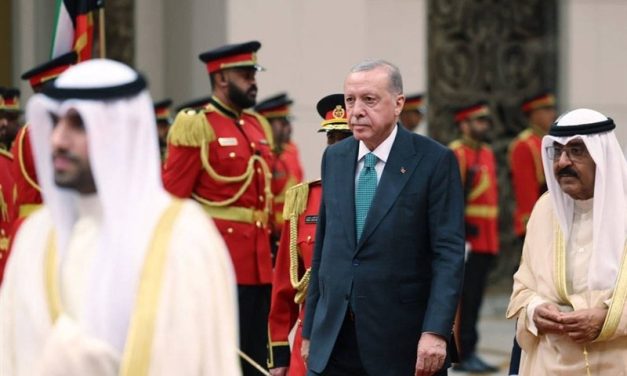
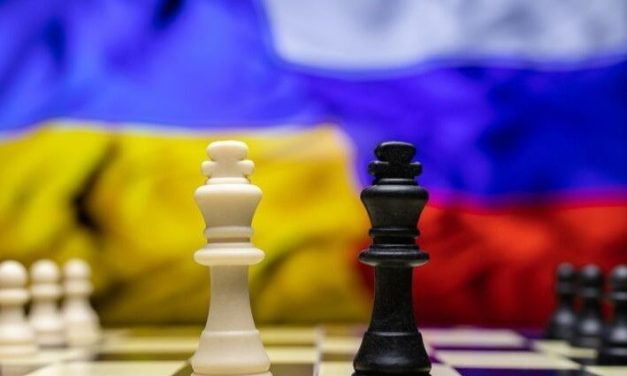
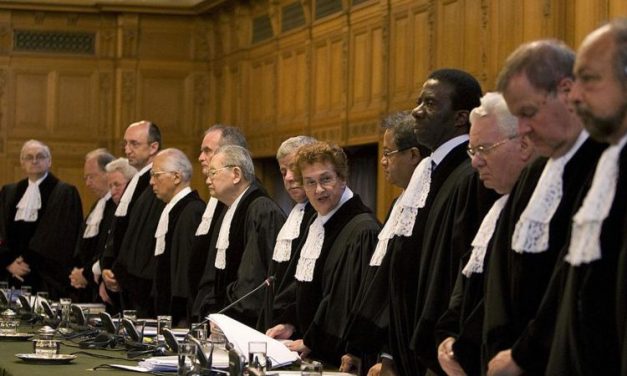
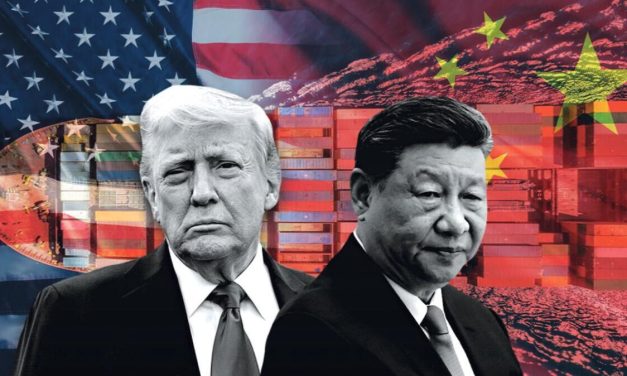
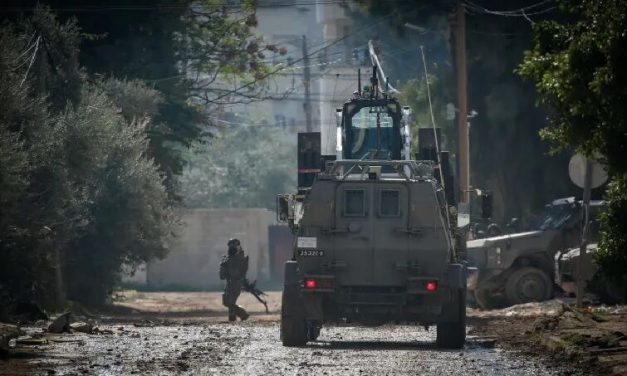

0 Comments